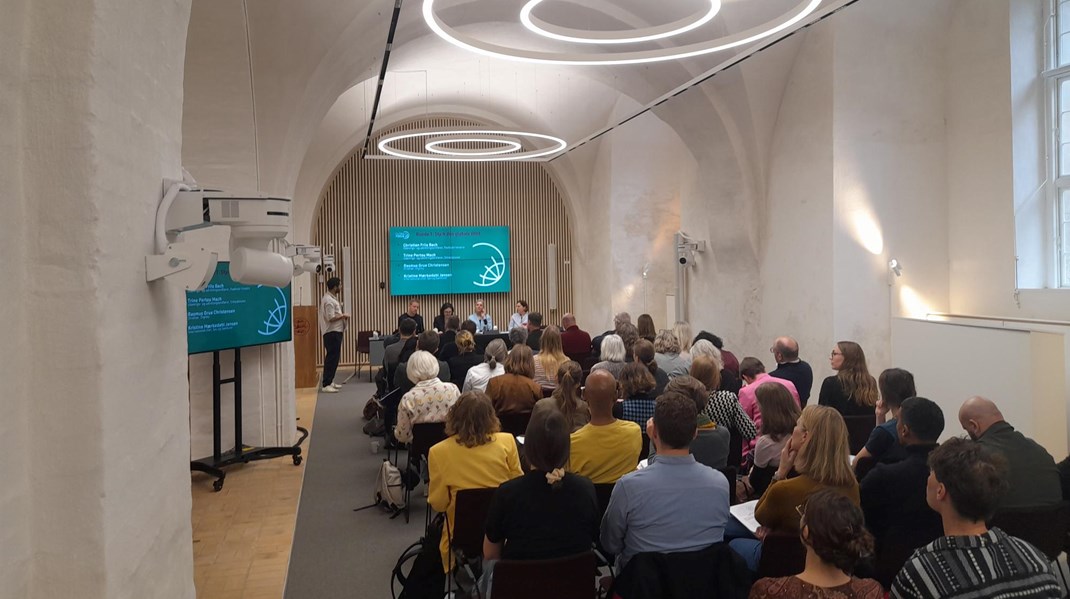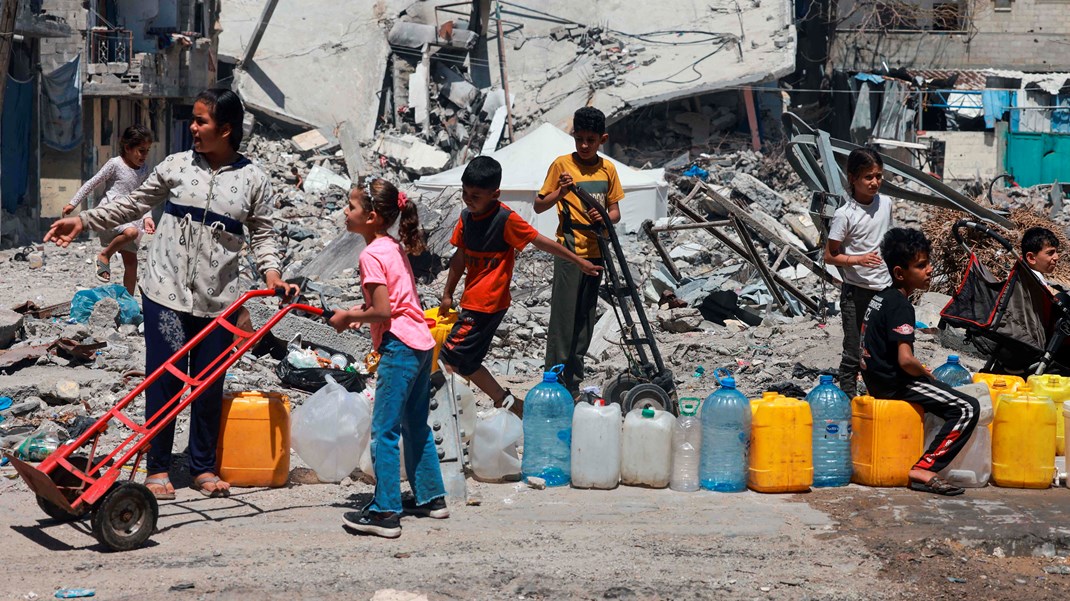Raped then rejected: The girl soldiers of Congo
Raped then rejected: The girl soldiers of Congo
New report reveals cycle of violence and rejection suffered by former girl soldiers in Democratic Republic of Congo and hears why some are re-joining armed groups
• Majority of girl soldiers interviewed were sexually abused by soldiers
• Up to 40% of child soldiers in DRC are girls, but of thousands released by the UN only 7% were
girls
• Stigmatisation, family rejection at home causing some to re-join armed groups
London, 19 June 2017 – Girls coming out of armed groups in Eastern DRC are often rejected by their families when they return home, with a number re-joining groups that abused them as a result, reveals a new report from Child Soldiers International published today.
Released on the International Day for the Elimination of Sexual Violence in Conflict, What the Girls Say reveals the girls’ experiences in their own words. The majority of girls interviewed were sexually abused by the armed groups. For many, sexual violence was a daily event.
“Sometimes I didn’t even know the name of the man who abused me at night,” a 16-year-old girl said. “I wanted to escape but saw what they did to those who tried… I was too scared.”
For some, sexual violence was itself the motivation to join.
A 19-year-old-girl explained: “I left [to join the Mai Mai] after they raped my mother in front of all of us, even my father. I felt shame, pity, anger. One day I decided to take up arms to avenge my mother.”
In 2016, the London-based organisation and its DRC-based partners conducted interviews with 150 former girl soldiers, community members, and assistance providers.
Despite the daily violence of life with the armed groups, many girls reported that returning home to rejection and stigma they faced as survivors of sexual violence was the source of their deepest emotional suffering.
Some who are unable to bear rejection from family and friends upon returning even choose to rejoin. Others do not risk attempting to return home at all.
“It is better to die there than come home and be rejected,” a 16-year-old girl explained.
“Not two days goes by without neighbours making us feel we have known men,” a 14-year-old girl said. “We are not allowed to associate with their daughters.”
A 16-year-old girl added. “Every girl from the bush, the community points to her and says: ‘Watch out: HIV.’”
Decades-long conflict in DRC has created thousands of underage soldiers [i]. Girls account for up to 40% of them but between 2009 and 2015, only 7% of thousands released by the UN in DRC were girls [ii]. Many others escaped independently.
For the girls who did return home, the overriding desire was access to education. “My wish is to return to school to become responsible one day and help others who have experienced problems like me,” an 18-year-old girl said.
A 17-year-old girl added: “I would prefer to go back to school to be valued like other girls.”
Sandra Olsson, programme manager at Child Soldiers International, said: “The recruitment of girls by armed groups in DRC and the stigmatisation they suffer on their return is of great concern. We were shocked to see that, after having been subjected to serious and prolonged physical and sexual abuse, many girls are then rejected by their families and communities.
“Social exclusion and stigmatisation is far more prevalent among girls. It is linked to a perceived “loss of social value” after having had sexual relations outside marriage. Their suffering is often misunderstood or completely overlooked, and their most basic psychosocial and emotional needs are woefully unaddressed.”


